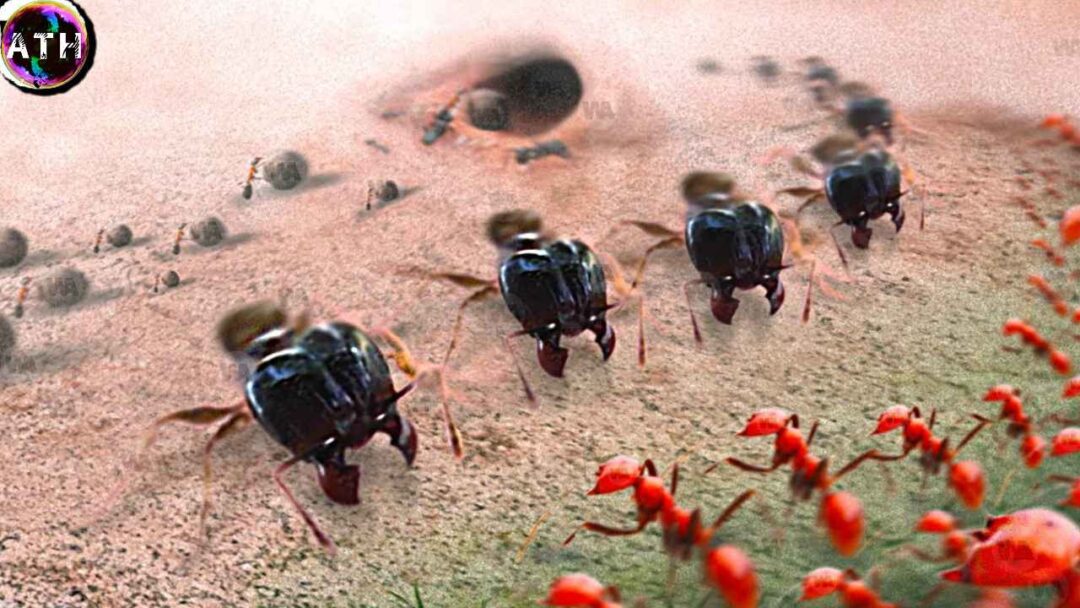Table of Contents

Introduction
Prepare to be astounded as we explore the amazing world of ferrets! Many animal lovers have fallen in love with these endearing and energetic creatures. In this post, we will reveal ten surprising and astonishing facts about ferrets, throwing light on their numerous species, strange qualities, dispelling myths, and analyzing their ecological relevance.
10 Untold or Unbelievable Facts About Ferrets
- Diverse Species: Contrary to popular belief, ferrets are not limited to a single species. The ferret family includes the European polecat, steppe polecat, black-footed ferret, and the domesticated ferret.
- Extraordinary Adaptability: Ferrets possess remarkable adaptability skills. They can thrive in various environments, ranging from woodlands and grasslands to semi-desert regions.
- Slinky Contortionists: Ferrets are notorious for their flexibility. They have the ability to squeeze through incredibly tight spaces due to their elongated, slender bodies and collapsible skeletons.
- Unique Smell: Ferrets have a distinct natural odor due to the presence of scent glands. While some may find it unpleasant, others consider it a part of their endearing charm.
- Ferret Business: A group of ferrets is referred to as a “business.” These social creatures are known for their playful interactions and engaging in lively wrestling matches with their fellow ferret friends.
- Ferret Fashionistas: Ferrets have a natural inclination towards stealing and hoarding small objects. They often create secret stashes of shiny trinkets, socks, and other small items that capture their curiosity.
- Sleepyheads: Ferrets are known for their extended periods of sleep. On average, they sleep for 14-18 hours a day! This excessive sleep allows them to conserve energy for their bursts of playful activity.
- Mischievous Intelligence: Ferrets possess a high level of intelligence, curiosity, and problem-solving skills. They are quick learners and can be trained to respond to their names, perform tricks, and even use a litter box.
- Nocturnal Explorers: Ferrets are primarily nocturnal creatures, which means they are most active during the night. Their keen senses of hearing and smell help them navigate and hunt in the darkness.
- Longevity and Lifespan: While the lifespan of wild ferrets is relatively shorter, domesticated ferrets can live up to 8-10 years or even longer with proper care, diet, and a nurturing environment.
Mysterious Facts and Myths
Amidst the enigmatic world of ferrets, several myths and mysterious facts surround these captivating creatures:
- Myth: Ferrets are fierce and wild animals. Ferrets may be amiable and sociable pets with proper socialization and care.
- Mysterious Fact: Ferrets have an extraordinary capacity to “dance.” When they are excited or content, they perform a joyous, bouncy dance.
Importance to the Ecosystem
Ferrets serve an important role in the ecology, particularly in their distinct habitats. They help regulate rodent populations as predators, so preserving a balanced ecology and reducing agricultural harm caused by excessive rodent populations.
Are ferrets good pets?
Absolutely! Ferrets are excellent pets for people who can offer them with the necessary care, attention, and habitat. They are gregarious, curious, and lively creatures who can bring their owners delight and entertainment.
How long do ferrets live?
Ferrets have an average lifespan of 6 to 8 years. Some ferrets have been known to survive up to 10 years or longer with good nourishment, veterinarian treatment, and a caring environment.
Do ferrets require any special care?
Yes, ferrets require special attention. They require a large cage with plenty of area to play, as well as regular exercise outside the cage and mental stimulation. A balanced diet of high-quality ferret food, fresh water, and occasional treats are required. Regular veterinary examinations and immunizations are also essential for their health.
Are ferrets prone to any health issues?
Ferrets are susceptible to a variety of health concerns, including adrenal gland illness, insulinoma (pancreatic cancer), and gastrointestinal difficulties. It is critical to find a reliable veterinarian who is knowledgeable in treating ferrets and to regularly check their health. These dangers can be mitigated by early discovery and appropriate veterinary intervention.
Are ferrets good with children?
Ferrets can be friendly and like interaction, but they are not recommended for very young children. Ferrets are playful and may nip or scratch if they are mishandled or frightened. It is critical to supervise interactions between children and ferrets to ensure the safety and comfort of both parties.
Do ferrets require vaccinations?
Yes, immunizations are required for ferrets to protect them against common diseases. Ferrets’ essential vaccinations normally include distemper and rabies vaccines. Consult with a veterinarian who is familiar with ferret care to determine the best immunization regimen for your pet.
Can ferrets be litter trained?
Ferrets can, in fact, be litter trained. They can learn to use a litter box with patience, consistency, and positive reinforcement. To maintain hygiene, supply many litter boxes throughout the living area, utilize a low-sided litter box with appropriate litter, and clean the litter box on a regular basis.
Are ferrets odorless?
Ferrets have a musky odor that can be controlled with regular bathing, a healthy food, and a clean living environment. Neutering or spaying your ferret can also help lower the odor’s severity.
Can ferrets be kept with other pets?
Ferrets and some pets can coexist, but introductions should be done gradually and under supervision. Some ferrets get along with cats, dogs, and other ferrets, while others do not. Each introduction should be handled individually, taking into account the temperaments and characteristics of the animals involved.
Do ferrets need companionship?
Yes, ferrets are social creatures who benefit from having a ferret buddy. They thrive on socialization, play, and grooming with other ferrets. If you are unable to provide adequate socialization, consider adopting a pair of ferrets or devoting enough time to your pet each day.
Conclusion
The world of ferrets is full of fascinating facts and wonders. They are a remarkable addition to the animal kingdom due to their flexibility, intellect, playful temperament, and unique traits. We can properly appreciate these extraordinary species for their intrinsic beauty and charm by debunking myths and understanding their ecological significance.
10 fascinating facts about Deer : NEXT POST




